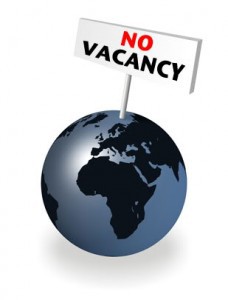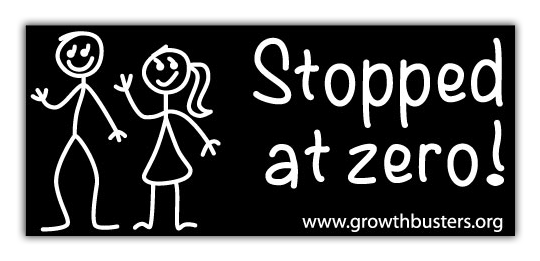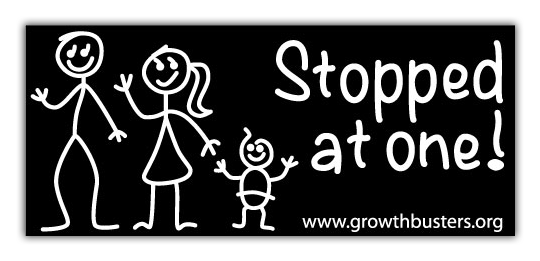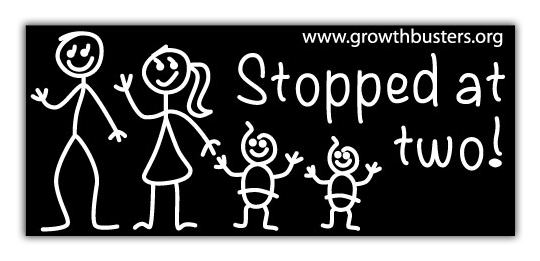 The world is overpopulated.
The world is overpopulated.
Overpopulation is everywhere.
It is a major cause of most of the crises we face.
We can fix it…humanely, voluntarily, and starting today.
Six things stand in our way.
This week a few human rights and too few environmental organizations will observe World Population Day. In 1989, as world population passed the 5 billion mark, the United Nations declared July 11 World Population Day. In the 23 years since, we’ve added another 2 billion.
The UN’s latest mid-range scenario has us passing through 10 billion before this century ends. We’ve been adding a billion to the planet about every 12 years, but the UN expects fertility rates to decline such that it will take nearly 80 years to add the next 3 billion. This scenario also has us hitting peak population just after 2100. Some feel this means population growth is no longer a concern.






